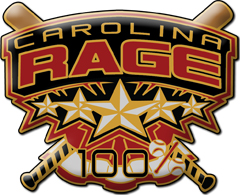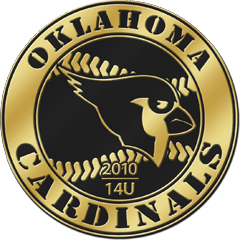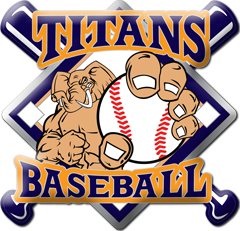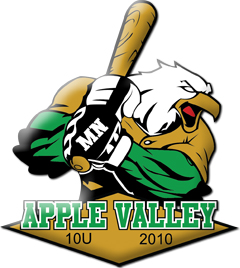Sport Pins
Why Choose Pin Zone Trading Pins?
If you've never ordered trading pins before, we'll help you get started. Your budget, ideas and wishes will be considered by our expert team of designers. Our staff can help create a design that will make your pin the most "popular" pin while considering your budget. Simply contact us with any questions you may have.
We'll Help You Determine The Following:
Quantity
The quantity of pins you order affects thel price of your trading pins. Design setup and manufacturing costs can be spread over larger orders, the more trading pins you order at one time, the less expensive each pin will be. An average order for a team of 13 is about 40 pins per player.
Size
Trading pins come in all different shapes and sizes. Larger pins are highly sought after, but are a little more expensive than smaller pins. Because we produce many pins, we recommend pins are at least 1 ½" in size. It allows the factory more room to enhance the details of your pin, while making your pins more "tradeable".
Type
There are many ways to produce your pins, but we want you to have the best pin at the tournament. Because different types of pins requires different materials or a different manufacturing process, the prices will vary. Soft enamel and photo-etched are among the most popular processes to produce sports trading pins.
Color
Pin Zone includes up to 7 colors on your baseball trading pins absolutely FREE-of-charge.
Free Artwork
Our experienced design team will create pin designs absolutely FREE. With your ideas and input, we will send you computer-generated artwork via e-mail for you to review. Make any changes you'd like. It only makes the pins better. Unlimited revisions are available.











